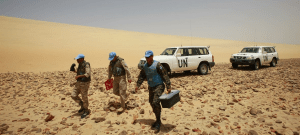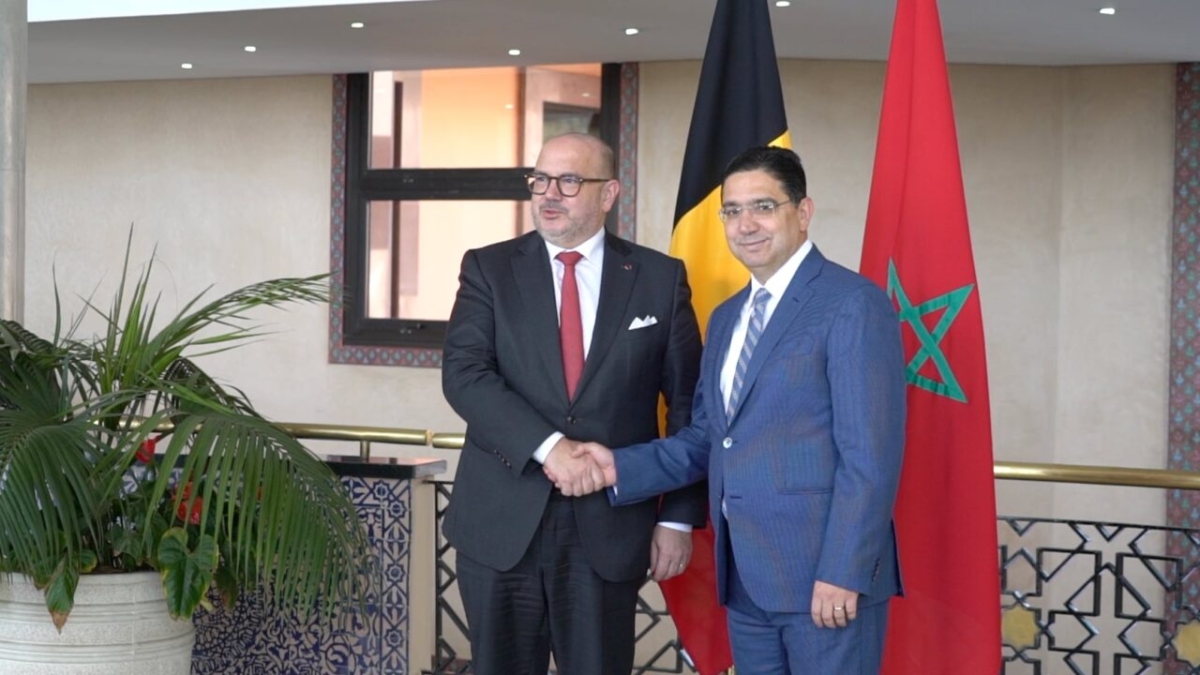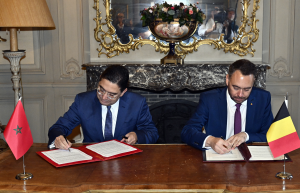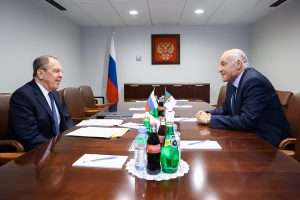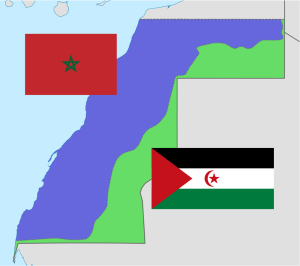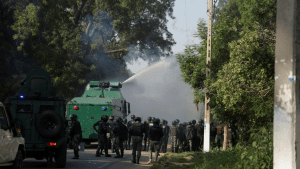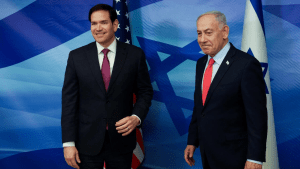Morocco: EU advisor pushes to scrap Sahara fishing deal
A legal advisor to the EU’s Court of Justice recommended the annulment of a Moroccan fishing deal on March 21st, according to AP.
Advocate General Tamara Capeta said the 2019 accord, which allows European vessels to fish off the disputed Western Sahara’s coast, neglects concern as to the rights of the territory’s peoples.
The Sustainable Fisheries Partnership Agreement has directed 208 million euros ($226 million) to the North African country over four years, in exchange for 128 fishing permits. The treaty’s annulment would prove a significant blow to Morocco and the European authorities who sought to uphold it.
READ: Morocco and EU commit to building stronger ties
Capeta concluded that the deal failed “to treat the territory of Western Sahara as separate and distinct from the territory of the Kingdom of Morocco,” but that Europe could negotiate with Morocco as the territory’s administrative power providing its residents are treated separately.
The court generally follows recommendations from appointed legal experts and will likely consider the advocate general’s recommendations and return with a ruling in the coming months.
Moroccan government spokesperson Mustapha Baitas underlined that the recommendations were non-binding, stating: “The European Union should, by way of its institutions and member states, assume fully its responsibility for the preservation and protection of the partnership with Morocco in the face of provocations and political manoeuvres,”
The advocate general insisted that extending a tariff agreement between Morocco and the EU to Western Sahara should not been as an afront to its right to self-determination, however, imports from the disputed territory to the EU be branded Western Saharan, and not Moroccan.
The court case is one of six legal challenges Polisario Front has filed in the European Court regarding Moroccan exports and trade, pressing its sovereignty claims, and putting pressure on Morocco’s economic and foreign policy agenda.
In a March 21st statement, Polisario Front applauded the advocate general’s recommendations, stating that “in this legal battle that began a decade ago, great progress has been made.”
Morocco and the Algeria-backed Polisario Front have struggled for control over the territory since its former colonizer, Spain, withdrew in 1975. Rabat considers the region Moroccan and administers all but a thin strip of land along the Algerian border.
READ: UN chief urges Algeria to clarify stance on Western Sahara issue
Capeta’s March 21st recommendations come as an increasing number of countries, including 15 EU member states, have backed a Moroccan plan that would offer the resource-rich Western Sahara wider autonomy without a referendum on Independence.
On February 26th, France’s Foreign Minister Stephane Sejourne reiterated his country’s “clear and constant support” for Morocco’s autonomy plan and its development efforts in the region, according to AFP.
Polisario Front continues to demand a UN-supervised referendum on self-determination for its “Sahrawi Arab Democratic Republic,” promised in a 1991 ceasefire accord that ended a 15-year war between the group and Morocco.
In late 2020, then-US President Donald Trump recognised Moroccan sovereignty over the territory in return for Rabat normalizing ties with Israel. Rabat has since pursued an increasingly intense effort to gain more widespread international recognition as to its governance of Western Sahara.
AP / AFP
Want to chase the pulse of North Africa?
Subscribe to receive our FREE weekly PDF magazine





